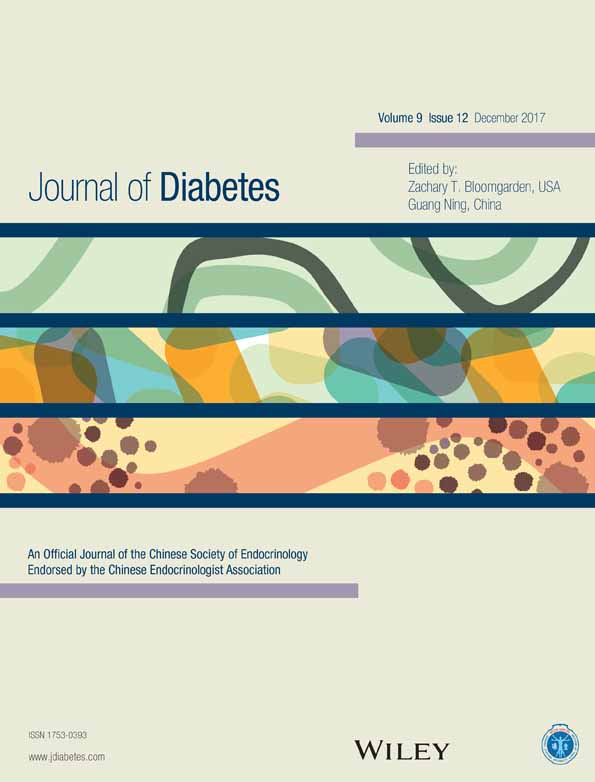Economic and social impact of diabetes mellitus in a low-income country: A case-control study in Sudan
在低收入国家中糖尿病的经济与社会影响:在苏丹进行的一项病例对照研究
Abstract
enBackground
Diabetes mellitus accounts for 11% of total health expenditure worldwide, and most people with diabetes live in low- and middle-income countries. The present study examined the economic and social effects attributed to diabetes in Sudan by calculating out-of-pocket medical expenses and the health and social effects of the disease for people with diabetes (n = 375) and their families compared with a non-diabetic control group (n = 375), matched for age, sex, and residence area.
Methods
Data were obtained in 2013 in four states within the Sudan, via structured interviews, using instruments from the International Diabetes Federation. Descriptive statistics were used to analyze differences between case and control participants.
Results
The median total annual medical expenditure was fourfold higher for people with than without diabetes (US$579 vs US$148, respectively). Annual mean expenditure was 85% higher for those with diabetes (US$1004 vs US$544). People with diabetes were also significantly more likely to suffer from serious comorbidities, such as cardiovascular disorders and foot ulcers, compared with control participants. Moreover, those with diabetes reported a higher proportion of personal adverse social effects, such as being prevented from doing paid work or participating in education, both for themselves and their families.
Conclusions
The high economic burden and adverse social effects on people with diabetes and their families in Sudan call for the development of evidence-based policy and program strategies for the prevention and management of diabetes, with an emphasis on low-resource communities.
摘要
zh背景
在全世界卫生总支出中糖尿病占了11%,并且大部分糖尿病人群都生活在低/中等收入国家。当前这项研究在苏丹通过计算自费医疗费用调查了糖尿病的经济与社会影响,以及疾病对糖尿病患者(n = 375)及其家庭造成的健康与社会影响,并且将他们与年龄、性别以及居住地区都相匹配的非糖尿病对照组(n = 375)进行比较。
方法
在2013年通过结构式访谈在苏丹境内的四个州中获取数据,所使用的方法来源于国际糖尿病联盟。使用描述统计学法,分析患者与对照者之间的差异。
结果
糖尿病患者每年的医疗总支出中位数高于非糖尿病对照组4倍(分别为579美元与148美元)。糖尿病患者每年平均支出与非糖尿病对照者相比高85%(分别为1004美元与544美元)。与对照组相比,糖尿病患者明显更有可能出现严重合并症,例如心血管疾病与足部溃疡。此外,合并糖尿病的患者还报告了他们出现不良社会影响的比例更高,例如被禁止从事有偿工作或者参与教育,不管是对他们本人还是其家属都是如此。
结论
在苏丹,糖尿病对患者与家属造成了高昂的经济负担以及不良社会影响,这需要我们尽快制定出预防与管理糖尿病的循证政策以及规划策略,并且重点要关注低收入群体。




